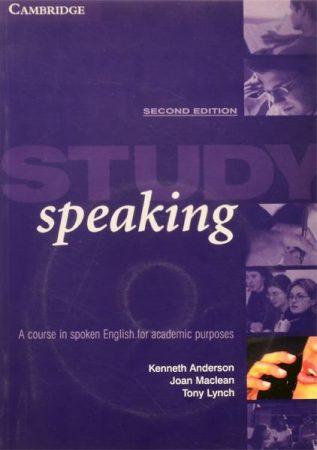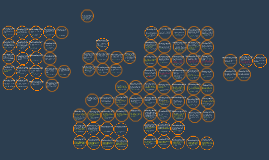

If, as Roberta Seelinger Trites suggests, children's literature tends to "delegitimize adolescents" (83) by perpetuating an ideology that "directs power away from adolescents and towards adults" (81), then such power redirections are especially acute in the young adult genre. Copyright © 2014 by the National Council of Teachers of English. The potential marginalization of this type of literary instruction due to current educational reforms is also discussed. I argue that future research should examine whether similar literary units can affect attitudinal constructs such as homophobia, tolerance of bullying, and attitudes toward disabilities. The results demonstrate the instructional value of young adult literature, support the use of reader response-based dialogic instruction, and show it is possible to effectively address topics such as rape at the middle school level. Factor analysis revealed a two-component solution for the ARMS representing common rape myths further analysis found that treatment was more effective in reducing the component She Wanted It than the component She Lied. Results revealed that girls had significantly lower levels of pretest rape myth acceptance than boys, that intervention significantly lowered participants, rape myth acceptance, and that there was no backlash to treatment. Rape myth acceptance was measured using the Rape Myth Acceptance Scale (Burt, 1980) and a researcher-created scale, the Adolescent Rape Myth Scale (ARMS). An experimental design was used with eighth-grade English language arts students in seven classes that were randomly assigned to treatment or control. In response, this study examined the capacity of a dialogically organized, reader response-based literary unit focused on the young adult novel Speak to reduce adolescents, rape myth acceptance. Little work of any kind has been done on the efficacy of literary interventions in reducing adolescents, rape myth acceptance. While grand claims have been made for the power of literature, there is a dearth of experimental research in English education examining the effects of reading literature - and specifically young adult literature - on students, attitudes and moral development.


Finally we discuss the implications of our use of conversation analysis for feminist psychology, both in relation to date rape and more generally. with silences, compliments, or even weak acceptances) are open to reasonable doubt. We draw on our own data to suggest that young women are able explicitly to articulate a sophisticated awareness of these culturally normative ways of indicating refusal, and we suggest that insistence upon `just say no' may be counterproductive insofar as it implies that other ways of doing refusals (e.g. It should not in fact be necessary for a woman to say `no' in order for her to be understood as refusing sex. Refusal skills training often ignores and overrides these with its simplistic prescription to `just say no'. Conversation analysis shows that refusals are complex conversational interactions, incorporating delays, prefaces, palliatives, and accounts. This article aims to show the value of conversation analysis for feminist theory and practice around refusal skills training and date rape prevention.


 0 kommentar(er)
0 kommentar(er)
